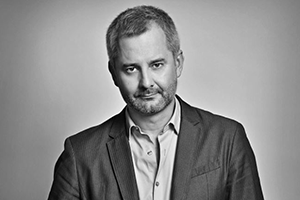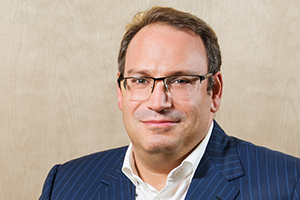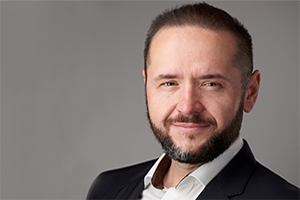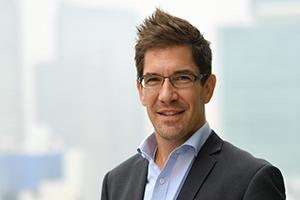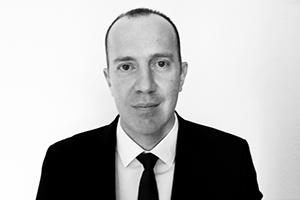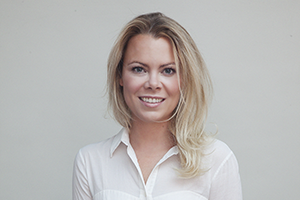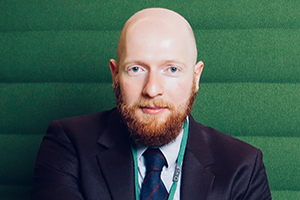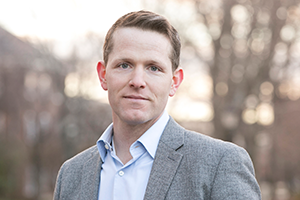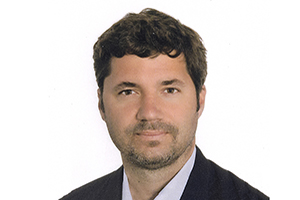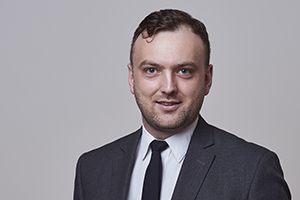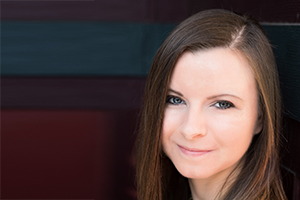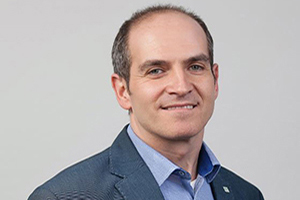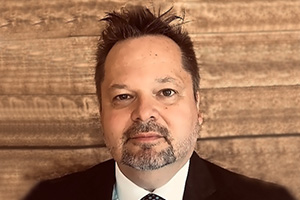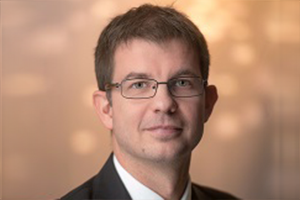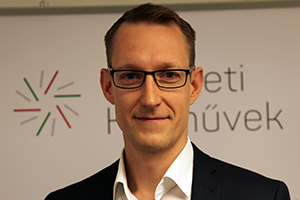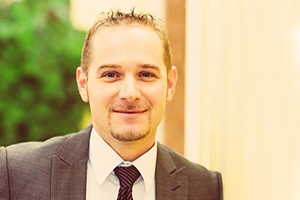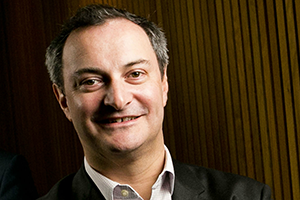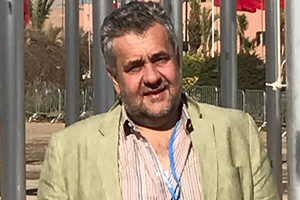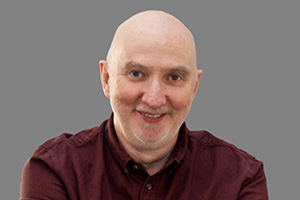INTRO
FLUX is a high-end, TED-like event with a regional-international scope, engaging business, government and institutional leaders in a conversation about shaping our future through the crucially important, yet often neglected domain of utilities. It is about the transformative potential utilities hold and the momentous challenges they cannot ignore any more – about harmonizing the heritage of the past with smart, viable and innovative ways forward. It also focuses on fostering cooperation between stakeholders, and accelerating the sharing and spread of good examples and practices. This year we explore the new developments in the fast changing landscape: emerging new patterns, new requirements, new opportunities and new solutions. It is time for the conversation to continue…
ABOUT THE EVENT
“I skate not to where the puck is, but where it is going to be”
said Wayne Gretzky, the highest scoring hockey player of all time, who holds dozens of NHL records to this day, when asked about his secret. Similarly to a chess master, who must see and plan at least two moves ahead, this is how one comes to actively shape the future, instead of having to suffer and being continuously forced to react to its coming waves.
This is why it is vital to recognize and understand the drivers of change and the nature of the disruption happening. Through this we may become proactive players shaping our future instead of the reactive characters we are so often forced to be. This is especially valuable as a competitive advantage in the data-driven networked economy of the 21st century, that has turned the axioms of the industrial age on their head, where things are more valuable when there are more of them, flying in the face of textbooks of old, according to which the value of gold, oil or even a university degree are derived from their scarcity.
So if we don’t understand the unique logic of networks, then we won’t understand one bit how to profit from the current economic changes. Therefore, the holistic approach focusing on the nature of the emerging networked reality can be very useful to the energy and public utilities sector. Because we take it for granted, we tend to forget how important and potent the utilities industry really is for shaping our future. Our aim is to show what the future holds for this industry and how we can be an active, successful and positive part of it.
WHO SHOULD ATTEND
FLUX is a one-day, invitation only think-tank event for those utilities industry executives, who not only want to learn what the future holds, but have the courage to shape it. Our aim is to provide a platform to foster conversation, connections, and even new initiatives and new alliances with the help of mind-shifting talks and roundtables on the following topics:
- Network Economy
- Decentralized Solutions
- Digital Services
- Renewable Energy Sources
- Data and Algorithms
- E-mobility
- The New Value Proposition
SPEAKERS
PROGRAM
Gate opening, registration
Words of welcome
Opening
Session 1. – Networks and Algorithms
Through technological development and the currently happening cognification revolution, we are increasingly able to interconnect everything we have. All our objects become smart with the aid of built-in sensors, machine intelligence and networks. From our cars, our thermostats, our equipments of production, machines, household items, to even our sport socks and office chairs.
And in our emerging network economy, numbers create value. A network’s value grows as more and more people and devices connect to it. The more possibilities we have in a network, the more opportunities open up in front of us. So opening our systems provides opportunities to enhance our understanding, to share our ideas, and to create more value.
But in a network automation and the corresponding algorithms are the key to success and survival. So what are the algorithms, data processing methods and automated processes we should look out for, if we aim for affordability and increasing quality for sustainable energy/public works services? What should we know about them, what can we expect from them, how can we make choices among them, and what do we need to know about their implementation? How can we look beyond “what happened?” and “what can happen?”, and move to the dilemma of “What should we do?” as data-based evidence is replacing the age of estimation, whether we’re talking about navigation, business forecasting and planning, production, financial decisions, health or just sales. We strive to give you practical answers to these questions through the talks and experts of this session.
Lunch and networking
Session 2. – Tomorrow’s News
Living sewage filtration factories which do their job with only a fraction of present energy requirements and with less ecological burden. Free seawater desalination happily performed by ponds of algae. Implementing technology that recycles lead batteries, melting them at room temperature without dangerous emissions. Working IOT devices harvesting free energy from electromagnetic radio frequency (TV, radio, cell phone, WiFi) waves we emit.
Batteries that can be charged in a few minutes, residential walls that ‘eat’ CO2, machine intelligence that teaches itself, quantum computers and decentralized services that rely on block-chain technology. Limestone mines that bind CO2 released from thermal energy plants and cement production technology that doesn’t require high temperatures, kinetic energy generators, solutions recovering hydrogen from water with resonance frequencies, technology implementing wireless energy transmission over long distances, or metal liquid energy storage from elements which can be found in large quantities in nature and assembled to store 1Kwh energy in a device no larger than the size of a pizza. Only a few examples with proven applications in laboratory contexts, which will in all likelihood transform the lives of energy producers, distributors, merchants, consumers and cities in the coming years.
Ever more often we encounter solutions, which upend the foundations of industries and total value chains, in many cases first appearing in completely different fields, so “outside the box” or lateral thinking is no longer an option today, but a basic requirement. Without clear understanding the possibilities of innovations remain hidden to us. And if we have no real meaningful understanding, how can we know where and why these solutions can be useful for us, and in which areas they are not worth implementing? Our speakers in this session will help us map out all this: they simplify the complex avoiding the incomprehensible tech jargon and, building on decades of research, they make these solutions graspable, some of them for planning, some for practical implementation.
Coffee break and networking
Session 3. – The New Value Proposition
Facebook is flirting with the production of AR glasses, Google with cars, Apple with TV sets, and streaming services have started spending more money on creation of original content than TV studios. In the midst of all this, banks are toying with vacation programs, mobile service providers with electric power and our public utilities have started offering insurance to their customers. It looks like the market players are rethinking their value-chains ever more frequently, which has resulted in former suppliers or customers becoming direct competitors.
How has this happened, and how does all this work in the complex and digital world we live in, where technologies and competitive advantages become obsolete at an even more breathtaking pace, while the limited access to markets diminish? In this world, the importance of the human workforce is constantly decreasing, and production is increasingly taking place where consumption happens. So the supply chains begin to shrink, while the D2C channel becomes more important. Mass personalization has become a reality, and with it comes micro-segmentation. Users are more informed and better empowered. They teach each other, and regulations follow suit: provisions like the PSD2 or GDPR, or rights to accountability of algorithms, are fundamentally changing the context by ensuring that we must receive an explanation for the background of the decisions made by every machine.
How does all this transform commerce and the value proposition? In which dimensions and in what framework is cooperation between competitors and market players reasonable and possible? Especially in a traditionally centralized industry, whose corporate culture has been formed over many decades of investment in equipment with long lifecycles, and where agility and speed are less characteristic. Our speakers in this session, as well as the participants of the closing roundtable, deal with these issues daily. They are competitors, who work with each other periodically. With their help we will try to learn what value-creation and competitive advantage mean in the era of (decentralized) networks.
Industry roundtable discussion
How does network economy transform commerce and value proposition? Although network economy is based on technology, in fact, it can only be built up with trust. Building trust is about creating and maintaining relations. In which dimensions and in what framework is cooperation between competitors and market players reasonable and possible? Especially in a traditionally centralized industry, whose corporate culture has been formed over many decades of investment in equipment with long lifecycles, and where agility and speed are less characteristic.
Kamilla Csomai – Chief Executive Officer, MAVIR, Gábor Hiezl – Chief Executive Officer, NKM, Zsolt Jamniczky – Member of Management Board, E.ON, György Kóbor – President-Chief Executive Officer, MVM, Chairman of the Management Board, NKM, Tilesch Péter – Head of Department, MEKH, Dávid Ungár – Division Manager, ACWA POWER
Closing and Hackathon award giving ceremony
Reception, meet the speakers
ATTENDANCE
As we carefully curate the audience for the benefit of our guests, FLUX is an invitation-only event – tickets are not available for sale. However, if you feel your attendance is crucial, please contact us.
Deadline for registration: 3pm, 3rd of October 2018
ABOUT THE ORGANIZER
NKM National Utilities Ltd. manages and controls a unified, centralized national system of public utilities, establishes and sustainably operates public utility services in the natural gas, electricity and district heating sectors. Further aims of the national public utility system are to increase operational security in domestic supply, and to provide a simpler, faster and more accessible customer service.
NKM National Utilities provides unified management of the state public utility services system. License holder activities are carried out by the subsidiaries of NKM. The fundamental basis of the national public utility service model is to carry out market-based activities on the basis of comprehensive community criteria and in line with the Hungarian Government’s social policy. Building on the currently well-functioning public utility service system, NKM wishes to become a home service provider of modern, innovative, digital solutions.
National Utilities currently ensures the nationwide supply of more than 4.2 million household electricity and gas consumers, while for the first time in Hungary, in Oroszlány and Bokod, beside gas and electricity, customers can now choose NKM as their district heating provider as well.
NKM National Utilities maintains a 60,000-kilometer-long pipeline in its own distribution area. Net sales of NKM in year 2017 were 531 billion HUF, and sold approximately 46 TWh of natural gas and electricity. The company currently employs some 4,000 people.
Location
Groupama Arena
Budapest, Üllői út 129, 1091 Hungary
CONTACT US
TXD Impact Design Kft.
H-1053 Budapest, Ferenciek tere 2.
Eszter Kövesi,
project manager
eszter@txdid.com
+36 30 4747 337
